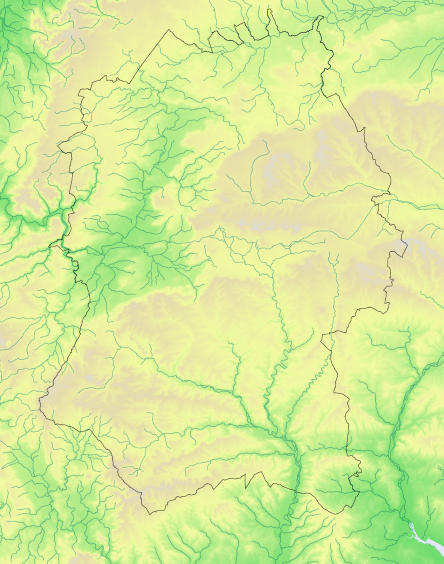Great Crested Grebe Podiceps cristatus
Winter distribution 2007–2012
Common breeder, in winter congregates on larger waters or moves to coast
Atlas species lists
- Breeding distribution 1995–2000
- Summer abundance 1995–2000
- Winter distribution 1995–2000
- Winter abundance 1995–2000
- Breeding distribution 2007–2012
- Summer abundance 2007–2012
- Winter distribution 2007–2012
- Winter abundance 2007–2012
- Breeding distribution change
- Summer abundance change
- Winter distribution change
- Winter abundance change
More Great Crested Grebe maps
- Breeding distribution 1995–2000
- Summer abundance 1995–2000
- Winter distribution 1995–2000
- Winter abundance 1995–2000
- Breeding distribution 2007–2012
- Summer abundance 2007–2012
- Winter distribution 2007–2012
- Winter abundance 2007–2012
- Breeding distribution change
- Summer abundance change
- Winter distribution change
- Winter abundance change
More maps for this atlas
Map explanation
This map shows the winter distribution of the species in Wiltshire as revealed by the shared fieldwork for Bird Atlas 2007-2011 (BTO 2013) and for Wiltshire Tetrad Atlas 2007-2012.
Key
Status
Nos tetrads

Present
49
5%
Great Crested Grebes favour relatively large areas of open, still water with emergent vegetation. Their breeding range covers much of temperate Eurasia, extending discontinuously through sub-Saharan Africa, Australia and New Zealand. In Britain, which lies at the western edge of their range, the species was driven almost to extinction in the 19th century through the combined activities of egg-collectors, river keepers (who saw it as a threat to fish stocks) and the fashion trade (which used its feathers for decorations), but has since recovered thanks to a succession of Bird Protection Acts. It is now safely established throughout much of lowland England, parts of Wales and lowland Scotland.
In Wiltshire, there were only occasional records of stragglers up until the end of the 19th century. They were first recorded breeding in 1912, at Coate Water, and numbers gradually increased thereafter: Birds of Wiltshire recorded them present in summer in 59 tetrads, with breeding confirmed or probable in 44. WTA2 showed little further change with breeding confirmed or probable in 47 tetrads out of 57 where the species was found to be present.
In winter the resident Wiltshire population is swollen, firstly by birds moving to the larger water bodies such as the lakes at the Cotswold Water Park to moult (which can temporarily swell the county population in autumn to over 300) and subsequently by winter migrants from continental Europe creating winter peaks of up to 250.
References
The following references are used throughout these species accounts, in the abbreviated form given in quotation marks:
“1968-72 Breeding Atlas” – Sharrack, J.T.R. 1976: The Atlas of Breeding Birds in Britain and Ireland. T. & A. Poyser
“1981-84 Winter Atlas” – Lack, P.C. 1986: The Atlas of Wintering Birds in Britain and Ireland. T. & A. Poyser
“1988-91 Breeding Atlas” – Gibbons, D.W., Reid, J.B. & Chapman, R.A. 1993: The New Atlas of Breeding Birds in Britain and Ireland 1988-91. T. & A. Poyser
“Birds of Wiltshire” – Ferguson-Lees, I.J. et al. 2007 : Birds of Wiltshire, published by the tetrad atlas group of the Wiltshire Ornithological Society after mapping fieldwork 1995-2000. Wiltshire Ornithological Society.
“Bird Atlas 2007-2011” – Balmer, D.E., Gillings, S., Caffrey, B.J., Swann, R.L., Downie, I.S. and Fuller, R.J. 2013: Bird Atlas 2007-2011: the Breeding and Wintering Birds of Britain and Ireland
“WTA2” – ("Wiltshire Tetrad Atlas 2 ") the present electronic publication, bringing together the Wiltshire data from “Birds of Wiltshire” and “Bird Atlas 2007-11”, together with data from further fieldwork carried out in 2011 and 2012.
"Hobby" - the annual bird report of the Wiltshire Ornithological Society.

